Japanese envoy joins officials at ceremony marking Fall of Singapore
SINGAPORE — Seventy five years after the fall of Singapore, a Japanese government official on Wednesday (Feb 15) attended a ceremony for the first time to honour those who died defending Singapore and Malaya during World War II.
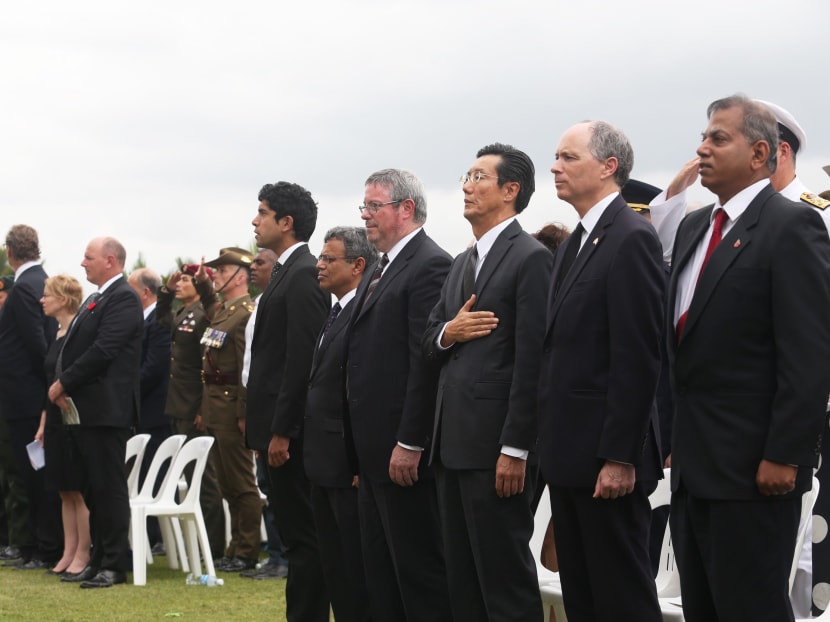
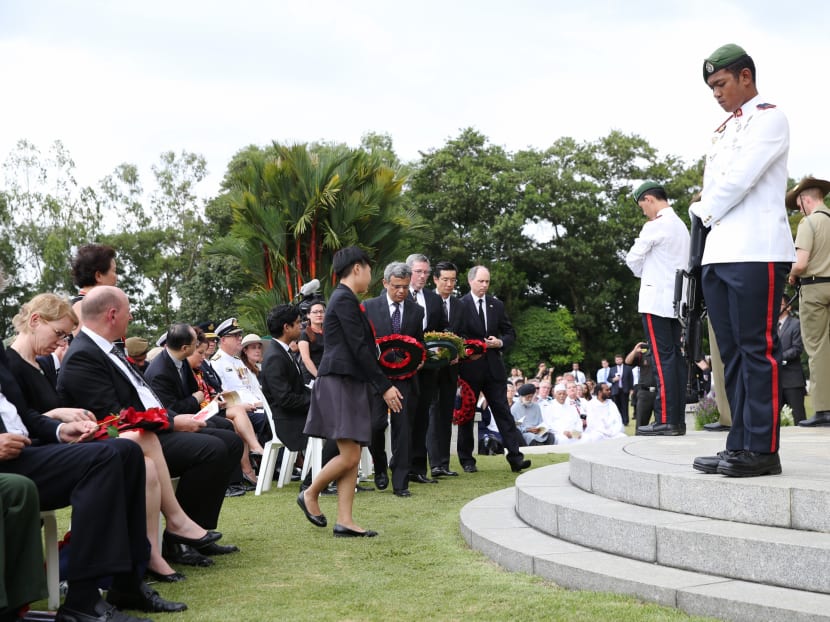
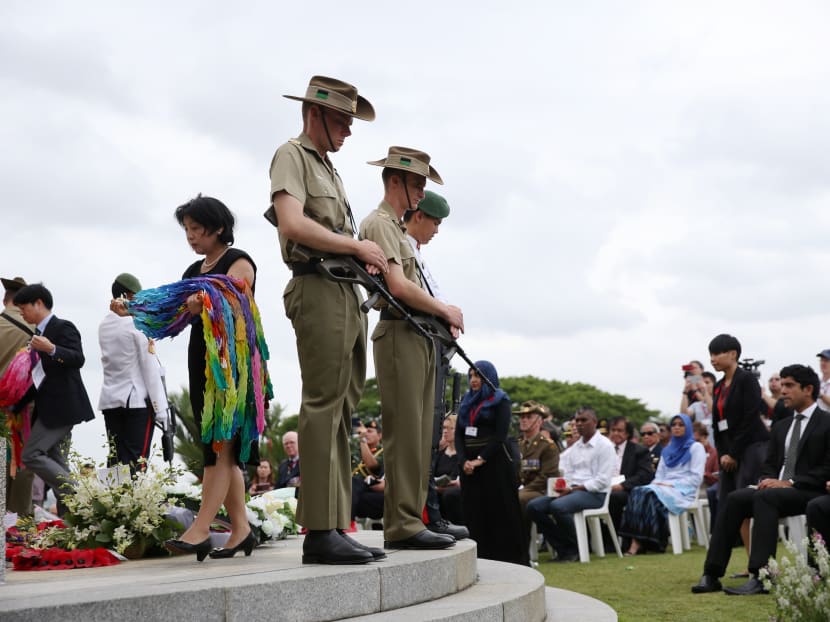
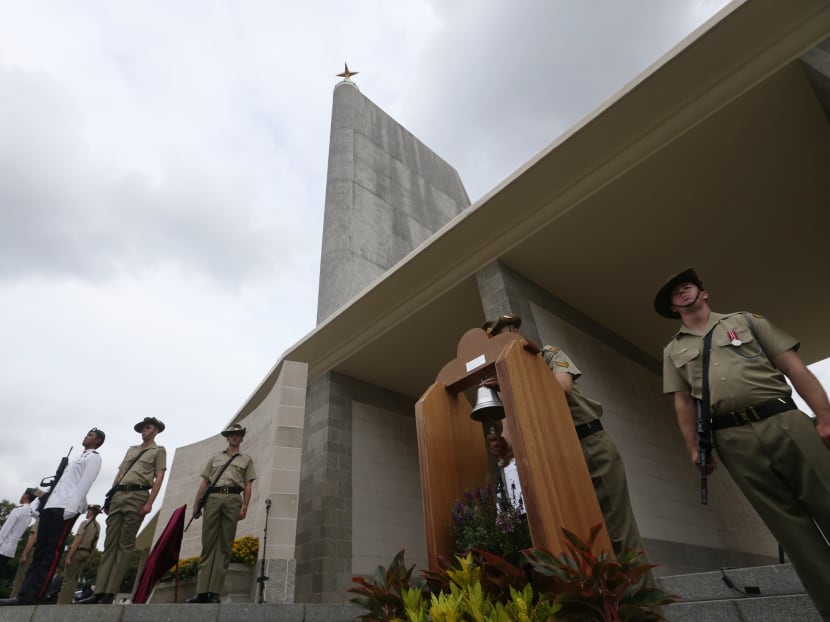
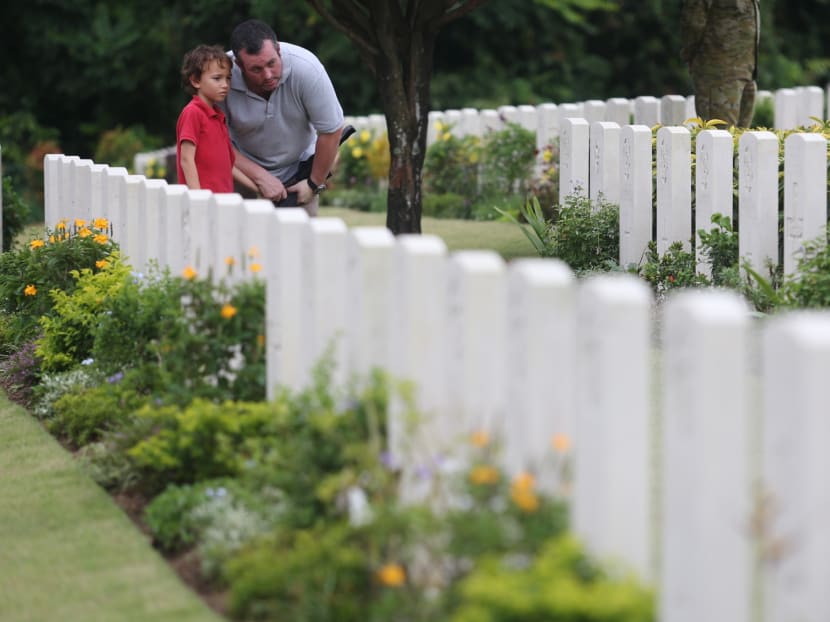
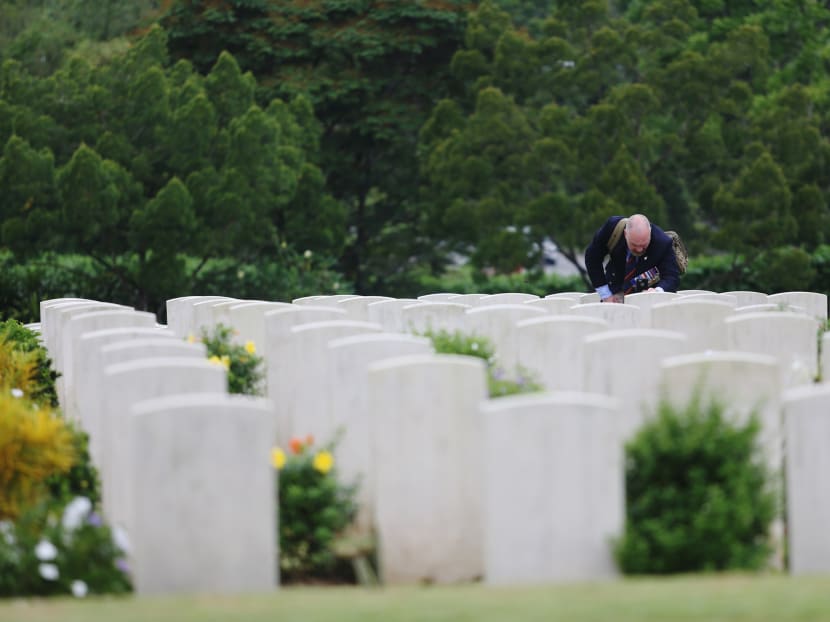
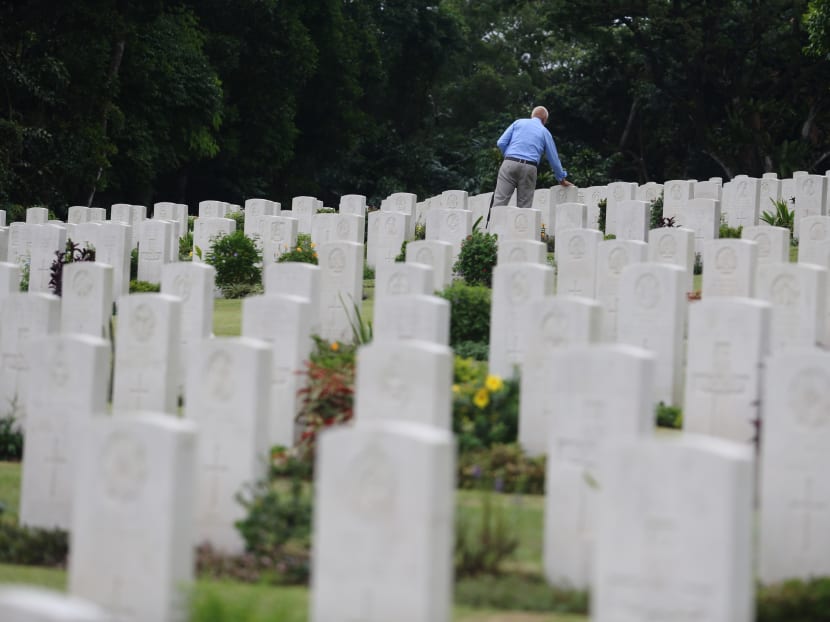
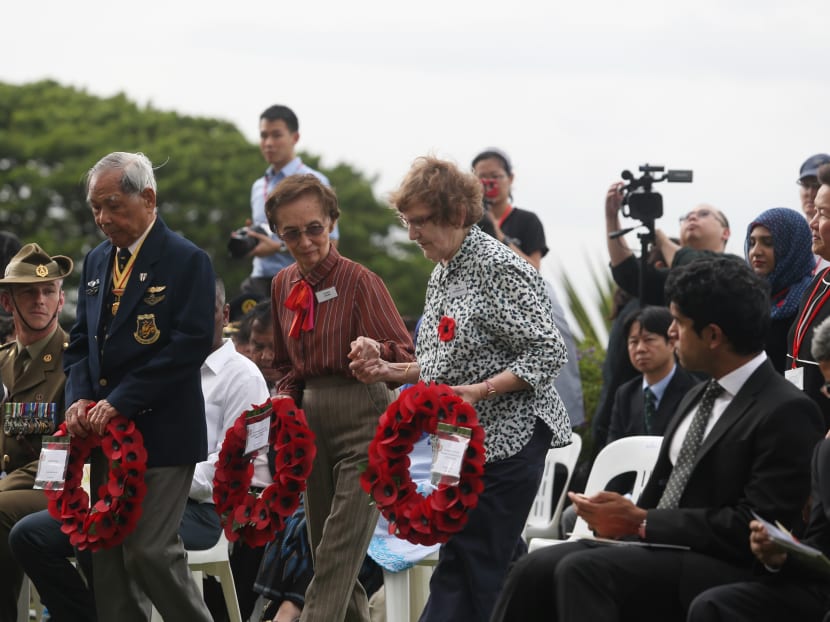
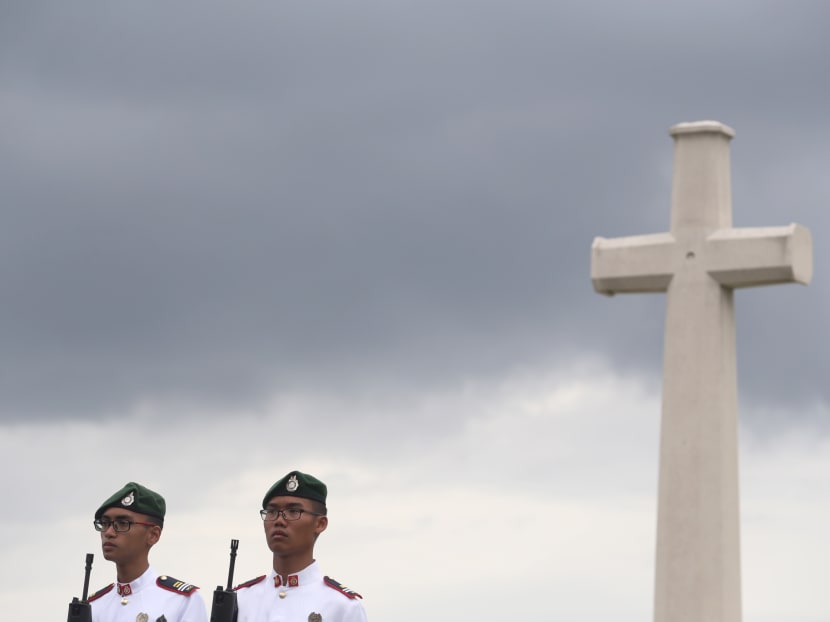
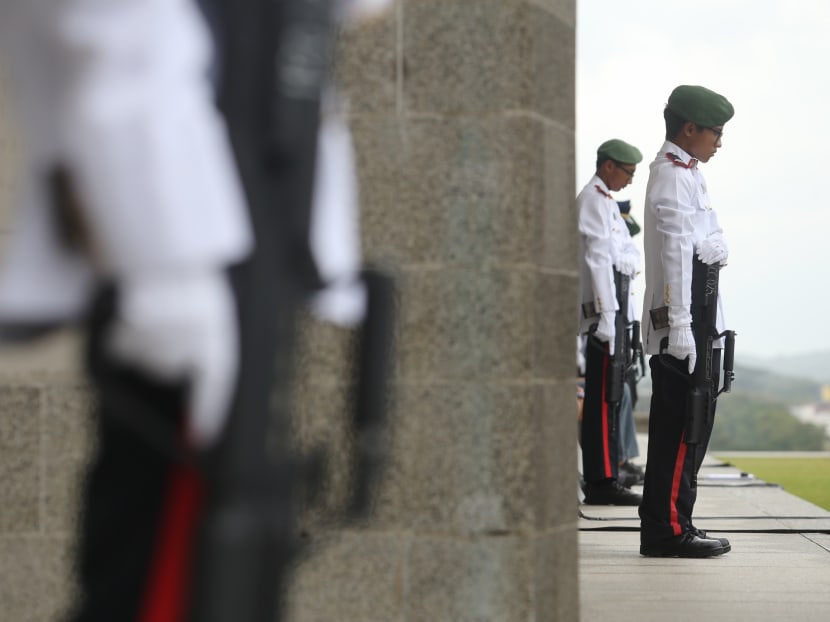
SINGAPORE — Seventy five years after the fall of Singapore, a Japanese government official on Wednesday (Feb 15) attended a ceremony for the first time to honour those who died defending Singapore and Malaya during World War II.
Japan’s Ambassador to Singapore, Mr Kenji Shinoda, laid a wreath in a commemoration ceremony at the Kranji War Cemetery. “I bow my head deeply before the souls of all those who perished and fell victims to the battles and hardships here 75 years ago. We must never repeat the horrors of war again,” he said in a statement.
The recommendation to include Japan in the committee for the 75th anniversary of the fall of Singapore was mooted by committee chairman Jeya Ayadurai, director of The Battlebox and The Changi Museum. He wanted to recognise that “all nations have suffered in World War II”, and that “former enemies have (moved), and are moving into the future as firm partners in peace”.
The idea received “unanimous support” from Commonwealth members in the committee, which include the embassies and high commissions of Australia, Canada, India, Malaysia, New Zealand and the United Kingdom.
Mr Ayadurai added that the Japanese embassy’s acceptance to join the committee was “a significant development”. “It’s a symbolic but important message to the world on how war commemorations can be a tool for peace,” he said.
Representing the Singapore Government was Member of Parliament Vikram Nair, who said in a speech: “This shared history forms a strong foundation on which we have built our relations. All of us paid the price of war, and share a deep resolve to never have to re-live its horrors. Today, we share good and strong relations.”
Speaking to reporters after the event, Mr Shinoda said he believes his feelings of “profound grief and heartfelt condolences” to the “numerous innocent civilians” and “victims in the battles and hardship” are shared by an “overwhelming majority” of Japanese.
Two Japanese representing their community living here also laid paper cranes hand-crafted by students of Japanese School Singapore. This is to “reflect the universal wish to heal the wounds of war and continue the road to reconciliation,” the committee said.
On Feb 15, 1942, the Allied army which had been defending Malaya and Singapore, surrendered to the invading Japanese 25th Army in Singapore, heralding the start of three and a half years of Japanese Occupation.
Members of the Singapore Armed Forces’ Veterans League, three World War II veterans and overseas World War II associations, such as the Malayan Volunteers Group and Australia’s 2/10th Field Regiment Association, also attended the commemoration.
Australian Garth O’Connell, whose uncle John Knox died at the age of 41 during the Japanese Occupation, told TODAY that he appreciated the “very public” gesture by the Japanese. “They’ve got a lot of people’s admiration and respect for coming along today,” he said.
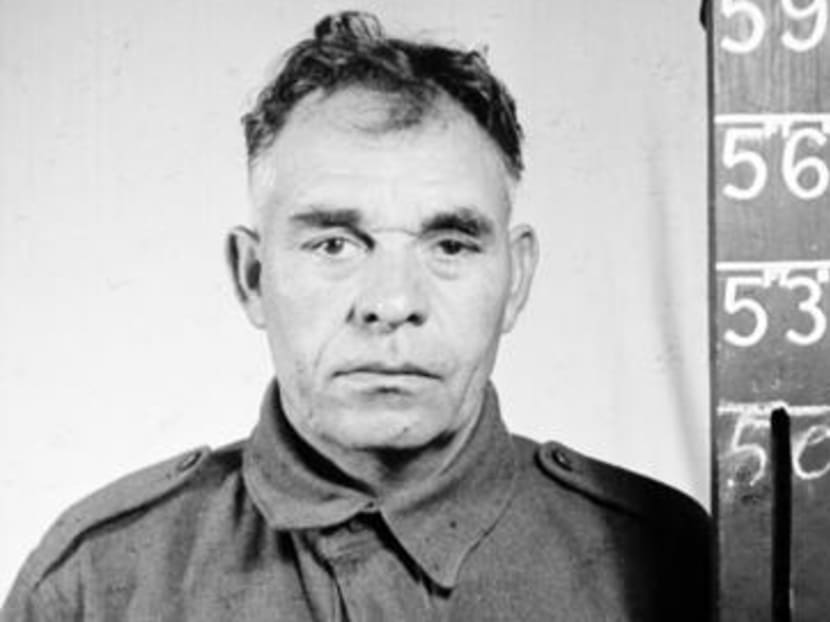
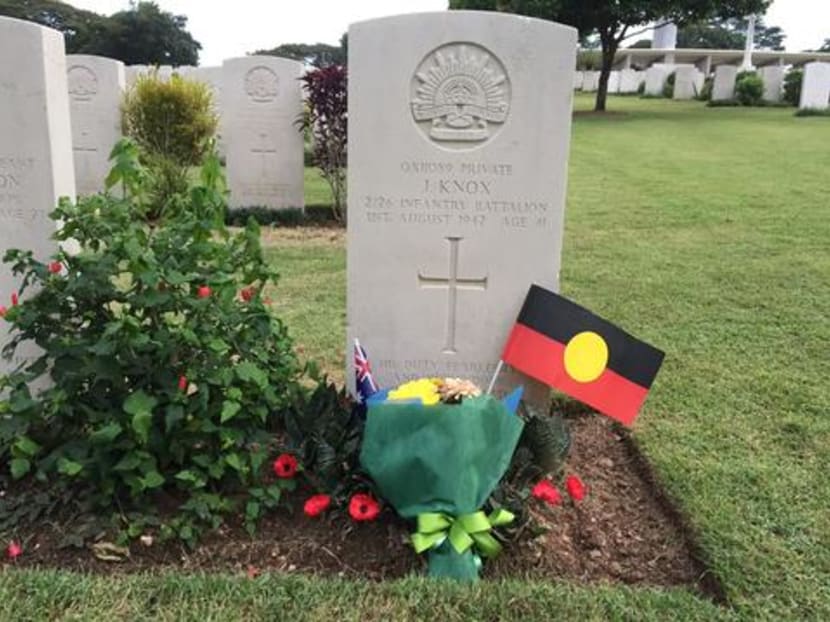
Ms Philippa Ann Evans, 79, whose father Philip Paxton Harding was shot while fighting as part of the 14th Punjab Regiment and died a day before the fall of Singapore at the age of 36, flew in from Britain to attend the event.
Her father’s remains were never found, but his name is inscribed in the Kranji memorial. “We are getting pretty old. We just need to get to this one,” she said, fighting tears. On the Japanese participation, she said: “We must put it behind us, and we want everybody to be in peace.”
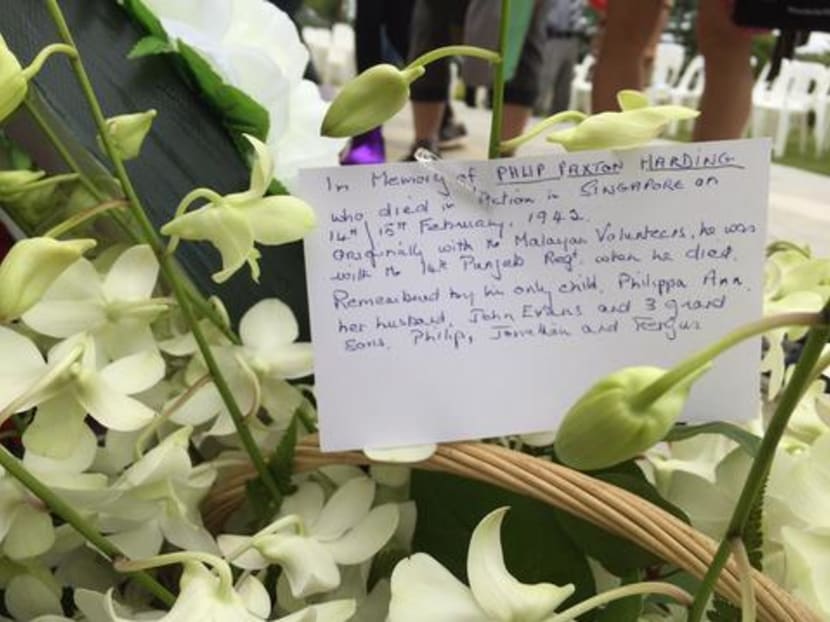
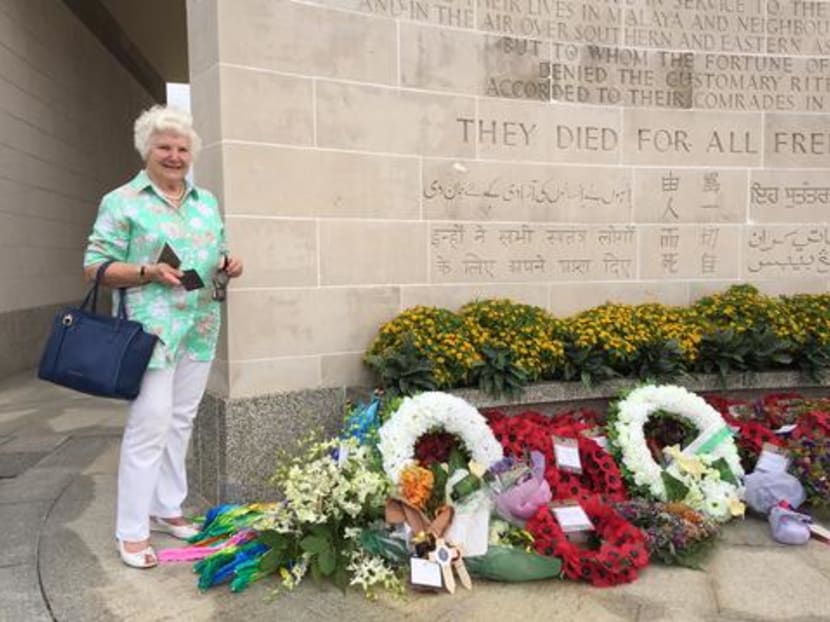
While many were satisfied with the Japanese’s gesture, Singaporean Ho Weng Toh, 97, the last surviving pilot who fought the Japanese in China during World War II, is still finding it hard to forgive what the Japanese did during the war.
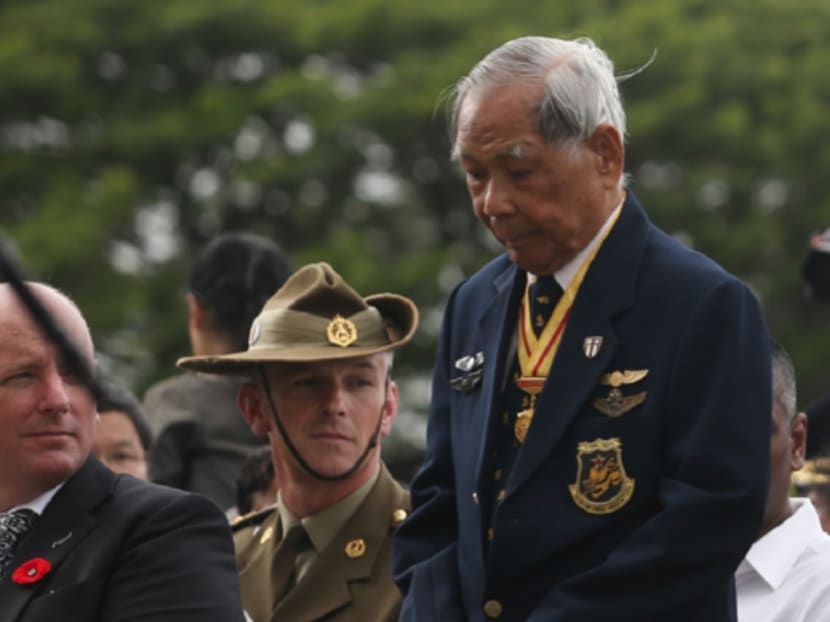
“Unfortunately, it is difficult for me to be able to reconcile ... Even up to now, they don’t acknowledge (what they did). How to forgive? They are a great nation. They are very proud, and rightly so. But they don’t seem to think that they have done wrong. That’s the problem,” Mr Ho said.








